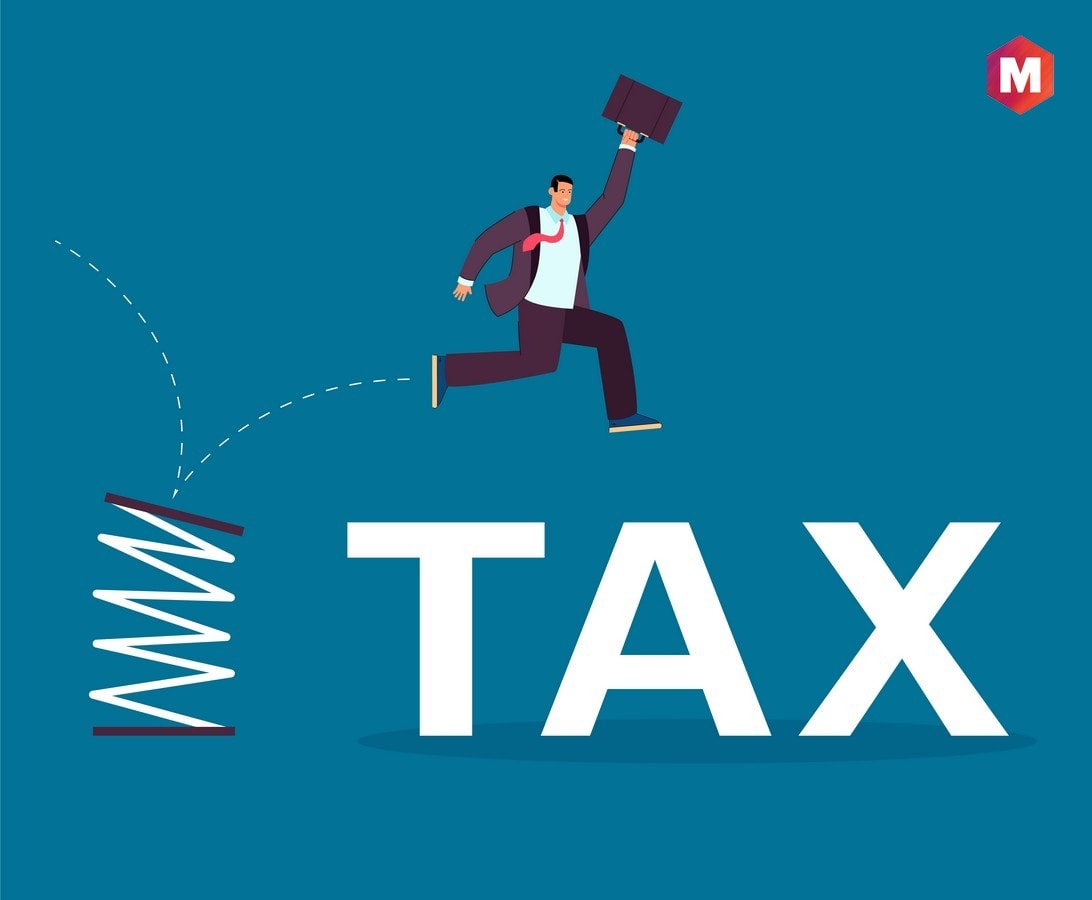Table of Contents
What is the Business Tax?
Business tax is a tax on the business income. It is a tax on the profits or capital of companies or other similar legal organizations as per tax laws. Many nations levy such taxes at the national level, and a state or municipal level may charge a comparable tax.
The taxes are also known as income tax and capital tax. Taxable income for corporations is frequently calculated similarly to taxable income for individuals. In most cases, the tax is levied on net earnings. The regulations for taxing corporations and people may differ dramatically in certain jurisdictions.
Business tax is the state, federal, or local tax requirements or taxes depending upon the form of business you operate. Business owners should understand their tax requirements, so they can file their taxes accurately. The taxes that a business is supposed to pay are based upon the structure of the business you choose.
Business tax is all taxes, rates, duties, levies, assessments, license fees, and other charges relating to the use or occupancy of any business. The term “business taxation” refers to the taxes that firms must pay as part of their usual operations. Your firm is accountable for paying corporate income tax.
Let us now go through different types of business taxes that generally take place-
Types of Business Taxes
1. Income Tax
All sorts of businesses excepting those functioning in partnerships need to file an annual income tax return while partnerships are supposed to file an information return. You should be aware of your business structures to understand which federal taxes you should pay.
Here, you need to understand that federal taxes are the pay-as-you-go taxes that compel you to pay tax as you earn or receive income in a year. All in all, the estimated tax payments of a business depends upon the income of the business
2. Estimated Tax
Businesses also pay estimated tax. It is the kind of taxes that are paid on the incomes that are not subject to withholding. It comprises income from self-employment, dividends, and interest. Businesses are supposed to pay taxes on their income incorporating self-employment tax by paying estimated tax during the year.
3. Self-Employment Tax
Self-employment tax is the type of taxes that businesses file and pay as a social security and Medicare tax mainly for those people who work for themselves. It tax contributes to your coverage under the social security system that is designed for offering you retirement benefits, survivor benefits, disability benefits, and hospital insurance benefits.
4. Employment Tax
Businesses or employers also have some employment taxes responsibilities that they are supposed to pay. Such types of taxes include Social security and Medicare taxes, unemployment insurance taxes or Federal unemployment (FUTA) tax, Federal income tax withholding, etc.
5. Excise Tax
These types of business taxes businesses are supposed to pay if they manufacture or sell certain products, use various kinds of equipment, facilities, or products, operate certain kinds of businesses, receive payment for certain services.
Federal Tax Liability of Businesses
Business owners are responsible for various expenditures, including their business taxes. Several components of your business will be subject to taxation, which the government will enforce. Your tax liability is the amount of money you owe to federal, state, and municipal tax authorities. The government will utilize tax dollars to finance administrative and social services.
A “taxable event” is a transaction that has a tax effect. The government is in charge of deciding which events are taxed. You must pay the appropriate tax authorities whenever a taxable event occurs at your company. Taxable income, payroll distribution, and sales are all taxable occurrences. Varying taxable events will need different tax liabilities, which will be determined as a proportion of the entire event.
Selling goods is a taxable event for which you may be charged sales tax by the government. You can incorporate sales tax in the total price you charge a client rather than paying it out of your pocket. Another taxable event is earning money. Earning money is a taxable event as well. The amount of federal and state income taxes you owe is calculated as a percentage of your gross income.
How to Calculate Business Taxes
To minimize your tax liabilities, it’s critical to understand taxation processes and know when and how to conduct commercial and personal activities.
As a company owner and taxpayer, you usually have many options for completing a taxable transaction, one of which will result in the lowest lawful tax burden. Remember that while it’s wise to avoid paying taxes, it’s prohibited to do so by deception or concealment.
If you are engaging in a “trade or business,” which means you are undertaking commercial operations for a living or profit, you may be entitled to deduct business costs.
According to the IRS, a trade or business is one in which there is both a profit motivation and economic activity. The tax year will be used to compute all of your taxable income. On a single year’s tax return, all revenue collected or accrued, as well as expenses paid or accumulated, are noted. Any tax-saving techniques must have been implemented by the end of the fiscal year. The IRS will also require you to report your accounting technique.
1. Methods of Calculating Business taxes
The Business Tax due is calculated based on the turnover and the applicable tax rate for taxpayers who offer taxable services, transfer intangible assets or sell immovable properties.
Tax payable = Turnover × Applicable tax rate
2. Calculating Turnover
The total consideration and all other charges received (e.g., commissions, funds, fund pooling, payments received/made on behalf of others) from the buyers for the provision of taxable services, the transfer of intangible assets, and/or sales of immovable properties by the taxpayers are usually included in the turnover.
Business Taxpayers
Different entities and activities that are business to business tax are SOEs or State-owned enterprises, collective businesses, private firms, enterprises with foreign investment, joint-equity enterprises, foreign enterprises, and other enterprises.
The list also includes Administrative units, military units, institutions, social groups, etc. It further includes individuals involved in the supply of taxable services, the sale of immovable properties, the transfer of intangible assets, etc.
Mixed Sales associated with Sales activities of taxable services and goods
Mixed sales are sales operations that include both taxable services and products. On combined sales of enterprises involved in the production, wholesaling/retailing of goods, units of an enterprise type, and individual firms, VAT will be imposed instead of Business Tax.
Other organizations, entities, and individuals selling mixed items are considered to be providing taxable services and are liable to Business Tax. Taxpayers involved in taxable and non-taxable services should compute the turnover and sales volume of each activity separately.
Business Tax Revenue Breakdown
Business Tax income is now derived mainly from the following sources:
- SOEs
- Enterprises that are owned by a group of people
- Private businesses
- Joint-stock companies
- Transportation, construction, finance and insurance, telecommunications, and catering businesses with foreign investment
Who are Withholding Agents?
The withholding agent is not the taxpayer but rather the person who withholds tax from the taxpayer’s payments and subsequently pays the withheld amount to the government. Different activities have different withholding agents for the business tax that must be paid.
The withholding agents will be financial institutions that have been entrusted with issuing loans.
Construction and installation enterprises that are subcontracted or transferred contracting: The prime contractor is the withholding agent.
Conclusion!
A business owner who performs taxable services is required to record and pay tax to the appropriate tax offices in the locations where the services are provided. For example, taxpayers in the transportation industry must declare and pay taxes to the appropriate tax authorities in the cities where their businesses are located.
Individual business owners must declare and pay taxes to the appropriate tax agencies in the jurisdictions and federal tax obligations where they are registered or live.
On the concluding note, we hope you would have understood when you conduct business operations, you are supposed to pay taxes as per the tax laws of the land. In case of any doubts, feel free to ask us in the comment section below.
Liked this post? Check out the complete series on Business

